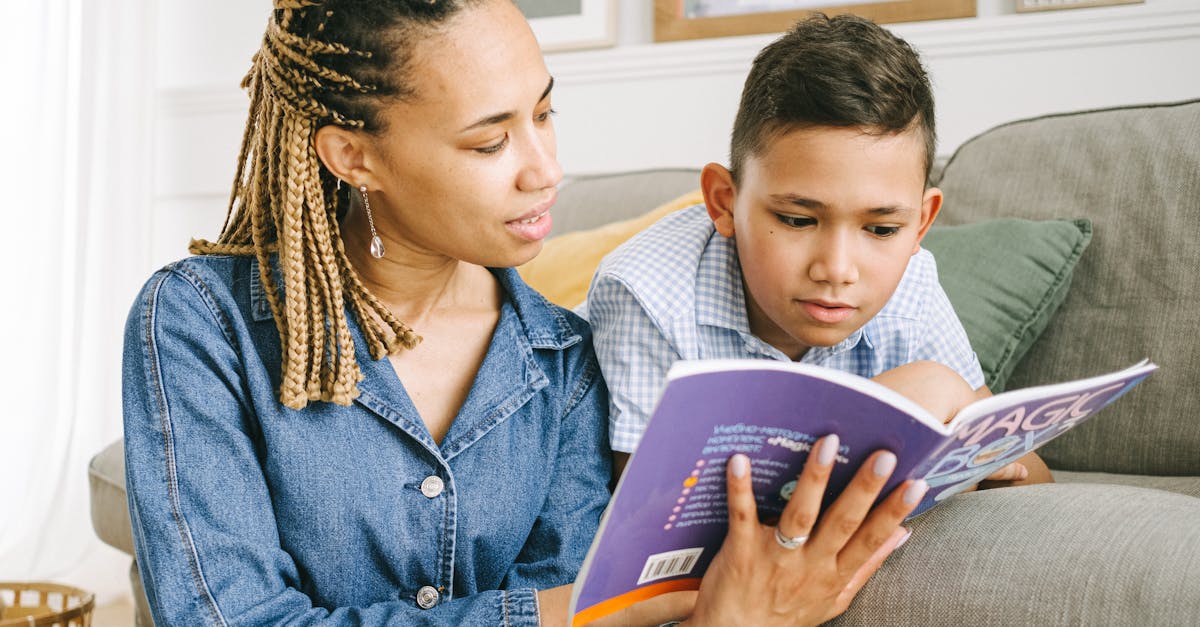The Importance of Forgiveness in Early Childhood
Preschoolers have an incredible capacity for learning. At this tender age, teaching them about forgiveness can pave the way for emotional resilience. Young minds grasp concepts more readily when introduced in a practical, relatable manner.
Let’s face it, likes and dislikes come quickly at preschool age, but holding grudges? That takes time to nurture.
Stress emotional health like you stress vegetables at dinner— a bit every day helps. By teaching forgiveness, you instill empathy, kindness, and a foundational social skill.
Parents often find letting go of grudges themselves a challenge. Start conversations about resolving conflicts with humor and stories they can relate to. This approach helps foster understanding of complex emotions like anger and hurt.
A gentle reminder, folks: Learning forgiveness isn’t one-size-fits-all, if only! Different kids learn differently, so stay patient and inventive!

Common Emotional Challenges for Little Ones
Emotions in preschoolers are like surprise parties—sudden and intense! Understanding these emotional waves is the first step. Ever experienced a room-shaking tantrum over a miscolored block? That’s preschool life in a nutshell.
Recognizing that children have a unique emotional landscape helps in addressing forgiveness. Anger and resentment can sometimes linger longer than anticipated. Children might express hurt through withdrawal or aggression. These habits, though natural, require a nurturing approach to redirect.
Help them articulate their feelings by encouraging ‘use-your-words’ conversations. Humor is a great diffuser, as my own toddler taught me when she forgave my terrible ‘elephant impression.’
Teaching Forgiveness
Explain what forgiveness looks and feels like, using clear, simple examples. Remember, parents’ actions are a mirror, so show them how you forgive others. Share your experiences and ask about their day, even if their grudge was just about the best corner seat in the sandbox.

By guiding them through their emotions, we help our little ones navigate their feelings with compassion and understanding.
Practical Tips for Teaching Forgiveness
Introducing forgiveness can be as simple as ‘Mother Goose’ and a tad more engaging. Start with simple apologies and gratitude exercises during storytime. Preschoolers learn well from observation. Demonstrate how a heartfelt ‘sorry’ can smooth over hurt feelings, like magic paint over cracked walls. Sure, they’re small but have big hearts, ready to forgive—often quicker than adults!
To practice forgiveness without needing a superhero cape, use reward systems. Kids thrive on recognition for peacemaking efforts. Explain that letting go of grudges isn’t forgetting someone ate their cookie, but choosing peace over a cookie war.
Creative Approaches to Teaching Forgiveness
- Role-Playing: Creative play is a great ally; try role-playing different scenarios where they must decide to forgive. It’s fascinating what puppet play can teach!
- Consistent Praise: Reinforce these concepts through consistent praise and encouragement.
- Forgiveness Missions: Transform this learning into a game, like making forgiveness ‘missions’ around the house.
- Patience is Key: Consistency is key, and so is a healthy dose of patience.
Forgiveness is a vital lesson that can shape a child’s emotional well-being. By incorporating these practical tips into your routine, you can help them navigate their feelings and relationships in a constructive way.

Using Stories and Role Play as Teaching Tools
Books are magical portals to empathy, aren’t they? Use storytime to explore themes of forgiveness and empathy. Select stories that represent diverse scenarios beyond magical worlds. Highlight moments of forgiving among friends and talk about them. Discuss favorite characters who learn and grow from forgiving past mistakes.
Engage them with questions:
- What would you do?
- How does this make you feel?
Using stories, children can visualize outcomes of forgiving others. Then, get up and role-play! Let children switch roles with you; maybe today they’re a lion apologizing to a misunderstood mouse. It’s entertaining how simple narratives can spark big insights!
Keep it fun and theatrical—a performance they’ll remember—especially if props are involved. Through these activities, children internalize reconciliation steps, practicing emotional regulation and social skills.
Invite them to make their own stories. Stories told by tiny voices about big hearts forgiving will endear and enlighten you.

Encouraging a Forgiving Environment at Home
Creating a home environment where forgiveness is the norm is a task requiring TLC. Encourage open conversations about daily experiences, expressing emotions without fear of judgment. Acknowledge their feelings instead of brushing them off—yes, even grievances over sharing crayons!
Establish a ‘forgiveness station’ where they can air concerns and work through grudges. Provide tools like drawing or writing forgiveness letters with provided templates. Invite them to share something they forgave today, and celebrate it! Cue dance party or silly face parade.
Lead by example; let them see forgiveness in action when you apologize sincerely for mistakes. Involve the entire household in family meetings where everyone expresses gratitude and resolutions. Stay positive and humorous; gratitude tickles funny bones against grudges.
Remember, consistency in modeling and reinforcing forgiving behavior gradually builds an atmosphere of understanding. Oopsies and misunderstandings—a chance for growth, wrapped in smiles!

Engaging with Your Child’s Forgiveness Journey
You’ve heard about expecting the unexpected? Well, it’s especially true on the forgiveness journey. Each child’s path is as individual as their snack preferences. Set the expectations with gentle guidance but hold flexibility and patience in your toolkit.
Encourage kids to express emotions creatively, emphasizing optimism over pessimism. Involve them in crafting a ‘forgiveness board’ where they chart kind acts they’ve accomplished.
Celebrate these milestones with family activities like:
- Picnics
- Movie nights starring forgiveness-themed films
The goal is to create lasting emotional intelligence foundations. Engage your child in discussions about friends or popular culture—who forgives and who holds grudges? This can spark insightful debates.
Participate in online forums or parent groups, sharing stories and tips. These networks provide additional ideas and support, enhancing shared learning experiences.
Parenting itself is both an art and an evolving science; take time to breathe, laugh, and relish these beautiful growth moments.

